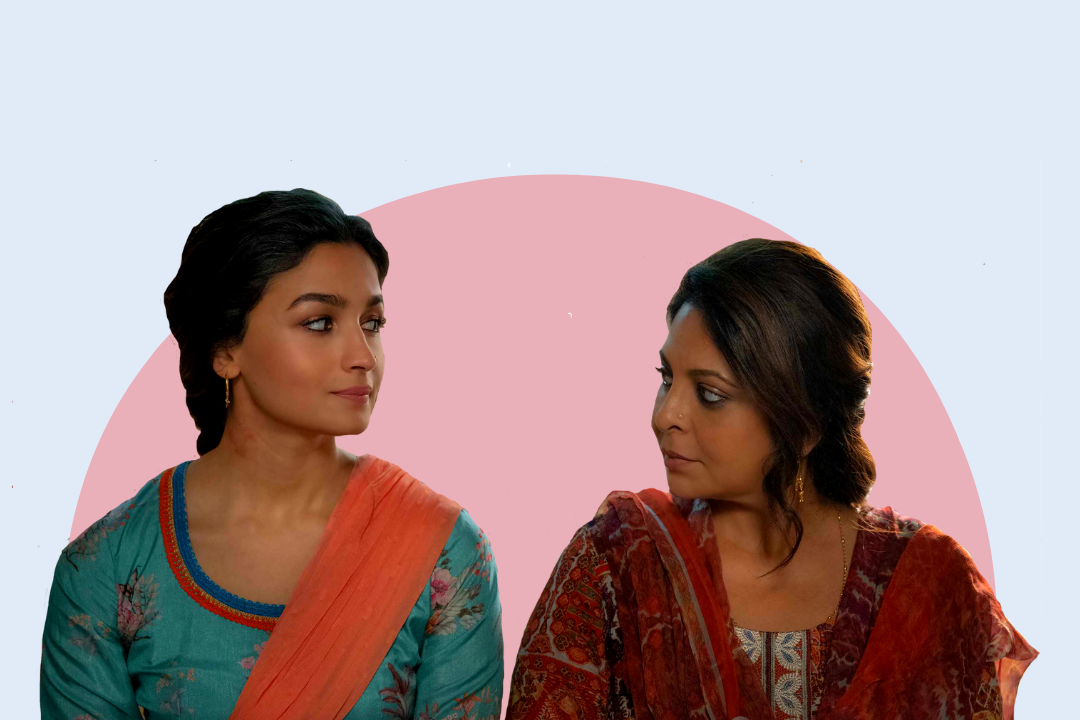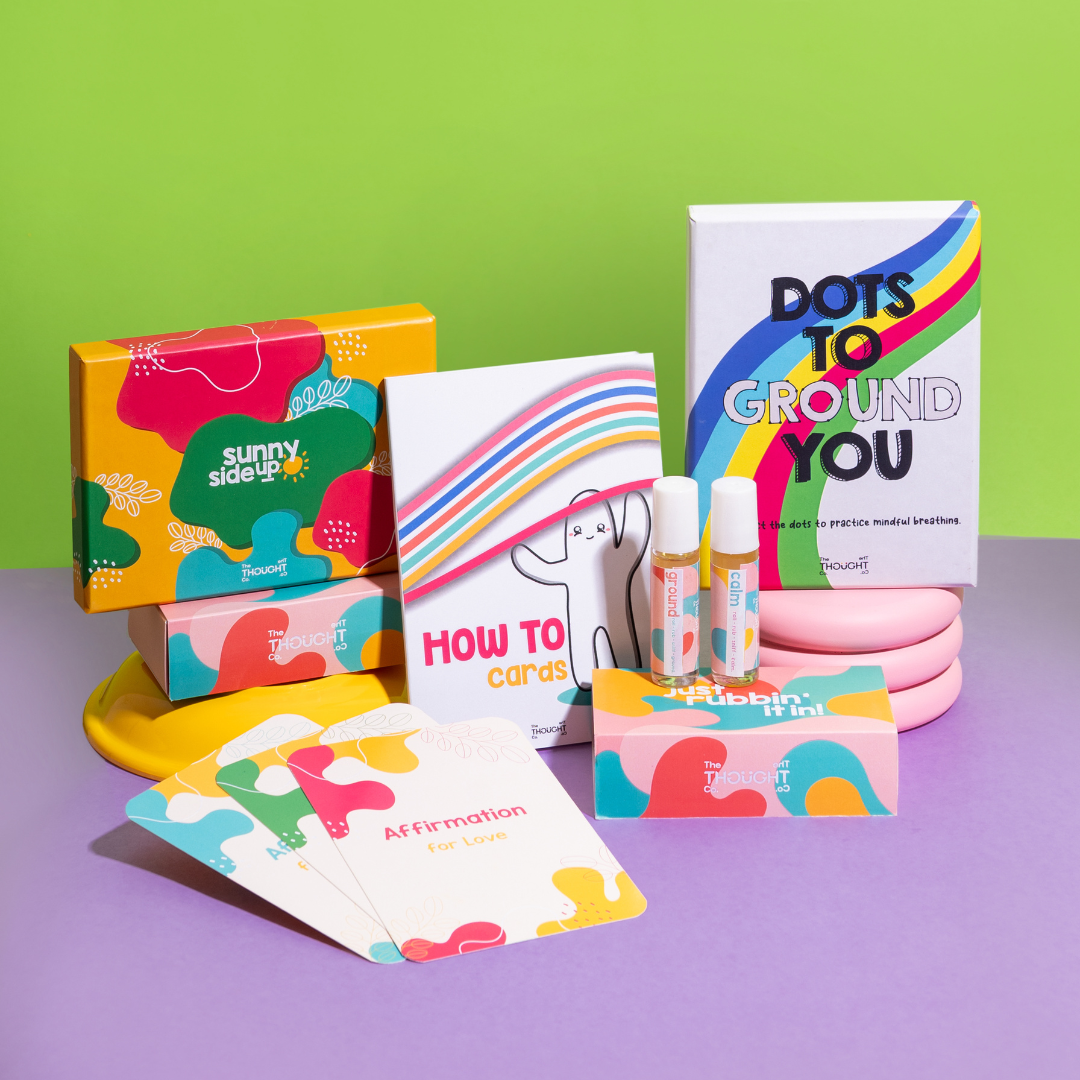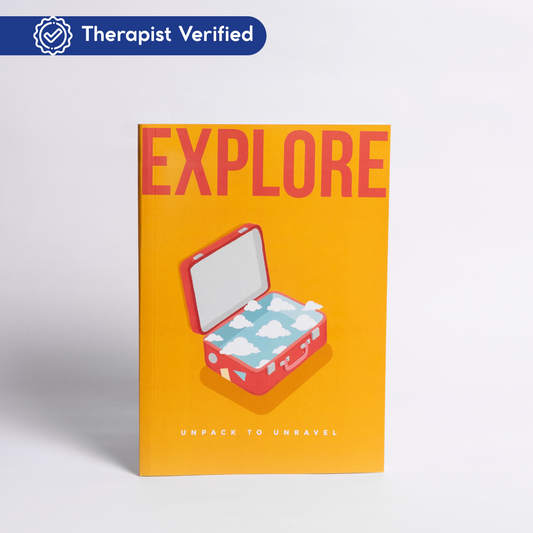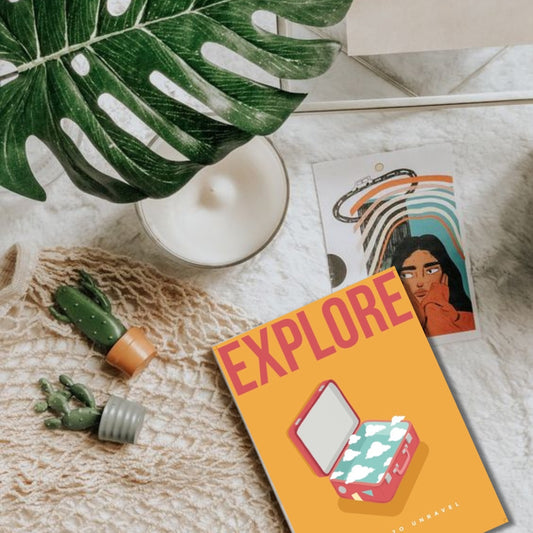#BoycottAlia was trending on Thursday, and while the page loaded I wondered if it was because the conservatives guessed she was pregnant out of wedlock (honestly who cares!) but Twitterverse - which never fails to surprise - had decided to boycott her because she humorously talked about abuse towards men in her movie Darlings.
Like Badru, Alia’s character in Darlings, we all enter a relationship, especially a marriage, with the belief that we will love, be loved, care and be cared for. The abstract concept of “love” is what gives us courage to take risks, step out of our comfort zone, and above all, forgive. Based on the feeling/sense/idea of love we are willing to trust and entrust ourselves with another (I often feel love can be used interchangeably with courage or stupidity - but that’s an idea for another post).
The fallacy that love excuses abuse is what takes over the first half of the movie, and the lives of most people who continue to live in abusive relationships. Badru’s abuse was obvious, she had choke marks on her neck, scratch marks on her arms and an injured finger after he hits her with the heel of her shoe. However, we need to remember that all abuse may not be obvious or physical. The subtle forms of abuse such as emotional and financial abuse have severe ramifications too. These forms of abuse are often used to control the other person, make them feel meaningless and helpless without the abuser.
Badru, a victim of domestic violence, believed her partner loved her and he did what he did as a sign of (true) love. To quote Hamza and many other abusers, ‘I do what I do because I love you and you bear what I do because you love me’. This is the lie we tell and believe to justify the actions of the perpetrator and pacify ourselves for struggling to find the strength to walk away from abuse and toxicity. It is common for people in abusive relationships to not recognise the abuse, because often with the abuse comes not only displays of love (and justifications for the abuse), but also the painful reality that this may not be “love”. Justifications for abuse range from “I had a tough day at work”, “drank too much”, “I’m too stressed” or the worse “I’m doing this because I love you”. Invariably the abused blame themselves for their abuse, believing they are not enough and it’s obviously their fault. Thus, they find themselves entering a vicious cycle of constantly trying to do more, be better and feeling like they are never enough. Darlings portrays the facade many abused individuals carry - of being happy in fulfilling relationships.
The trauma of the abusive relationship leaves one feeling fragile and angry. It takes away one’s sense of self and replaces it with self-doubt and self-blame. Abuse has the ability to rob one of their sense of identity - it’s like robbing them of a life/personality they could have had.
While physically stepping away from the abusive relationship may feel cathartic, breaking free from the trauma of abuse does not happen instantly. People often spend years working through complicated emotions of sadness, anger, grief and a deep desire to reclaim what they lost. Abused individuals often find themselves working through symptoms of PTSD because of their trauma. A loud sound or door banging can send shivers of fear because of the past trauma these sounds may have triggered.
The second half of the movie is representative of the anger fuelled from deep sadness that unleashes a new person desperate to reclaim what she believes was lost - her respect. It is one way an abused person may react to trauma - become an abuser themself. It highlights that the cycle of abuse, that has to stop, abusers are often victims of abuse and they justify it cause they were abused. abuse in relationships
While it may make for good cinema to be the bigger person, identifying that it is self-respect that you seek and letting your abuser go (all within a few days); the reality of working through this trauma may take years. It entails building your sense of self, one block at a time.
While the promotions of the movie highlights its humour, I, for one, struggled to find humour in it because it highlights the suffering many individuals go through regardless of their religion, sex or class. However, it does shed light on a stage of grieving - anger - that a victim of abuse experiences.
Badru may have ridden off on her scooter and found strength in watching a movie alone in a cinema, but we all need to remember that the struggle of finding ourselves is real. A second part to Darlings that shows Badru’s struggle of working through her trauma would give hope to many that pain is real, forgives do not happen instantly and that they are not alone.
abuse in relationships






